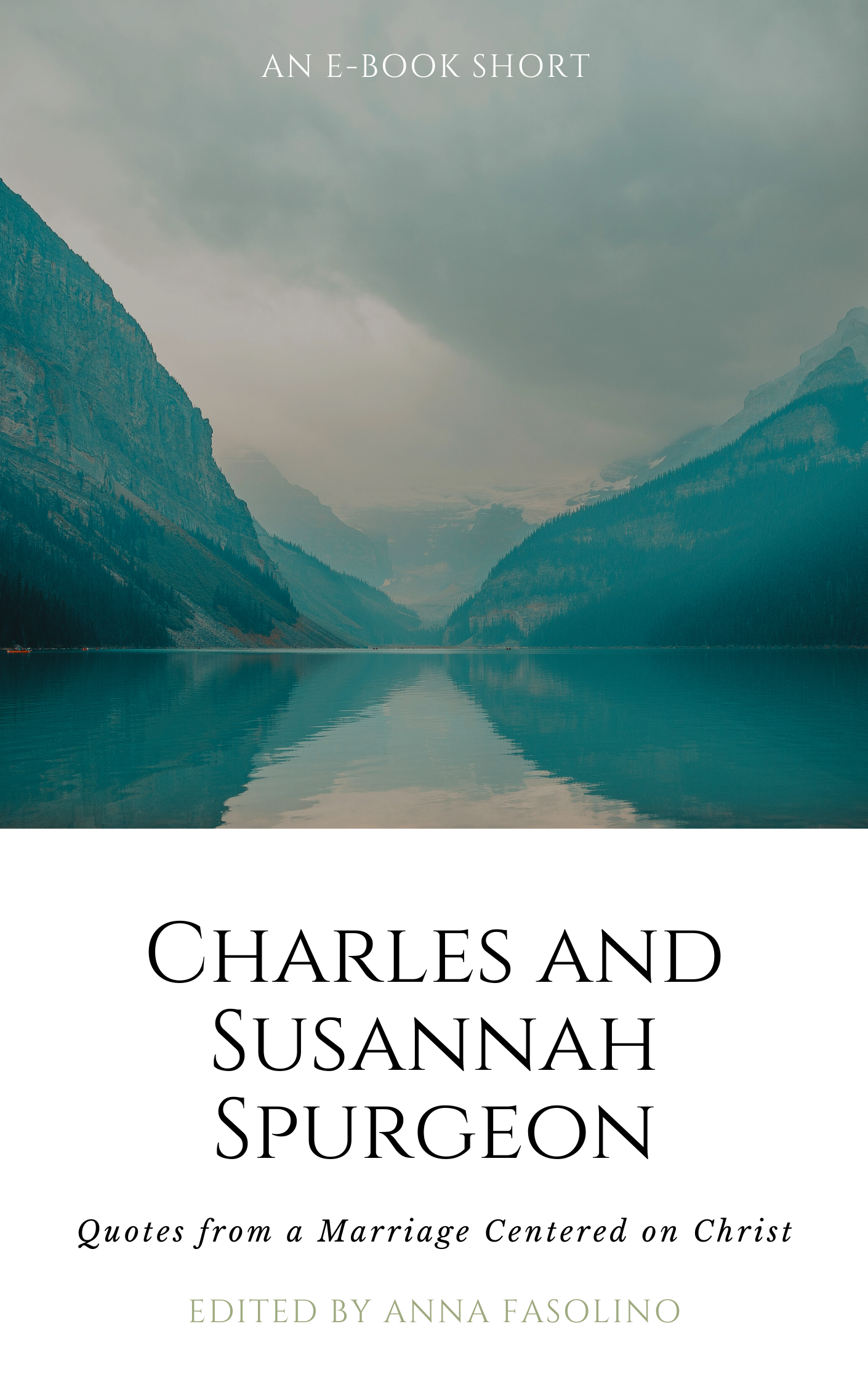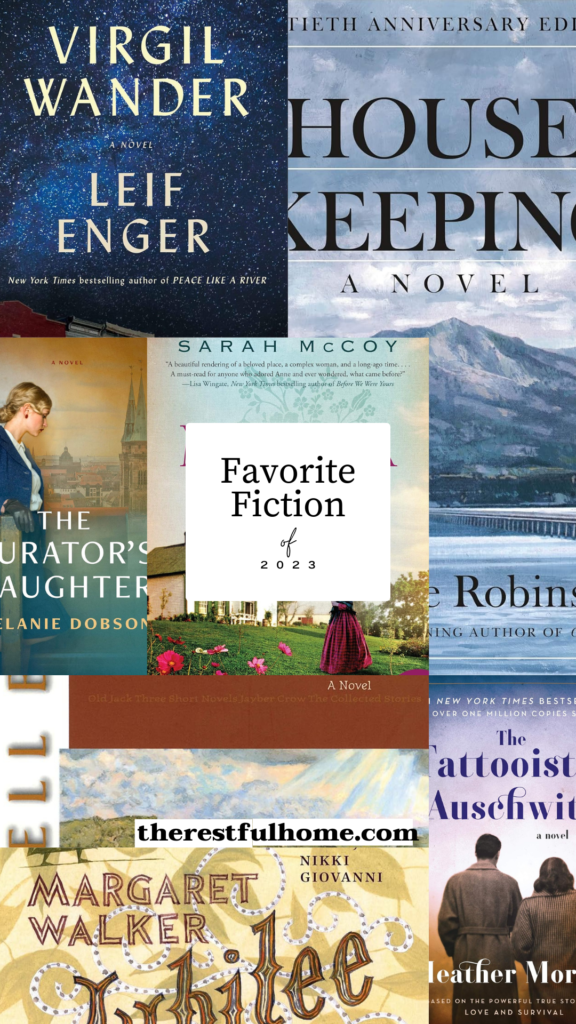
Most of my individual reviews tend to be of the nonfiction that I’ve read and thought through during the year, but I read a lot of fiction as well. These books are some of my favorite fiction of this year–or at least some of the most interesting fiction I read, in the case of the latter part of the list. (Which contains books I didn’t LOVE but thought were worth my time.)
Housekeeping, Marilynne Robinson

A lonely, slightly terrifying read of abandonment, family ties, and a lost childhood. Ruthie passes from one family member to another after her mother’s suicide until her “transient” aunt Sylvie comes to care for Ruthie and Ruthie’s practical younger sister at the crooked old home place. Sylvie’s housekeeping consists more of stacking saved tin cans and old newspapers than the more conventional ideas of cleaning and clearing a house. But she and Ruthie find an awkward kinship that leads to a decision that is as inevitable as it is heartrending.
The Curator’s Daughter, Melanie Dobson
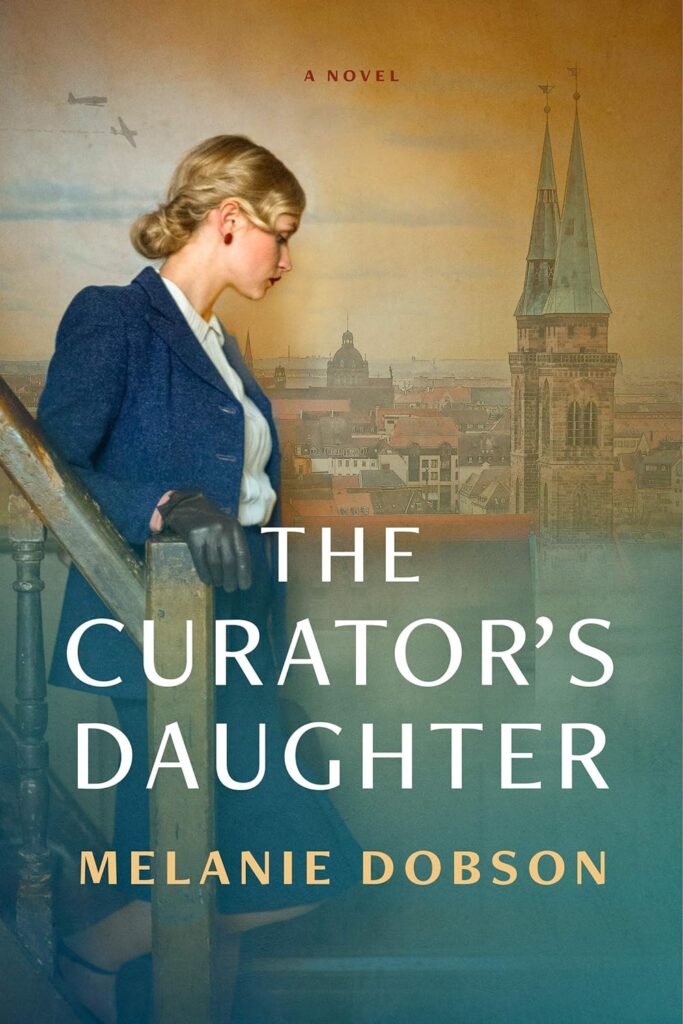
Beautiful, beautiful story about forgiveness and endurance. Set primarily in Nazi Germany, with a parallel story about the survivor of an Aryan Nazi community in modern day America.
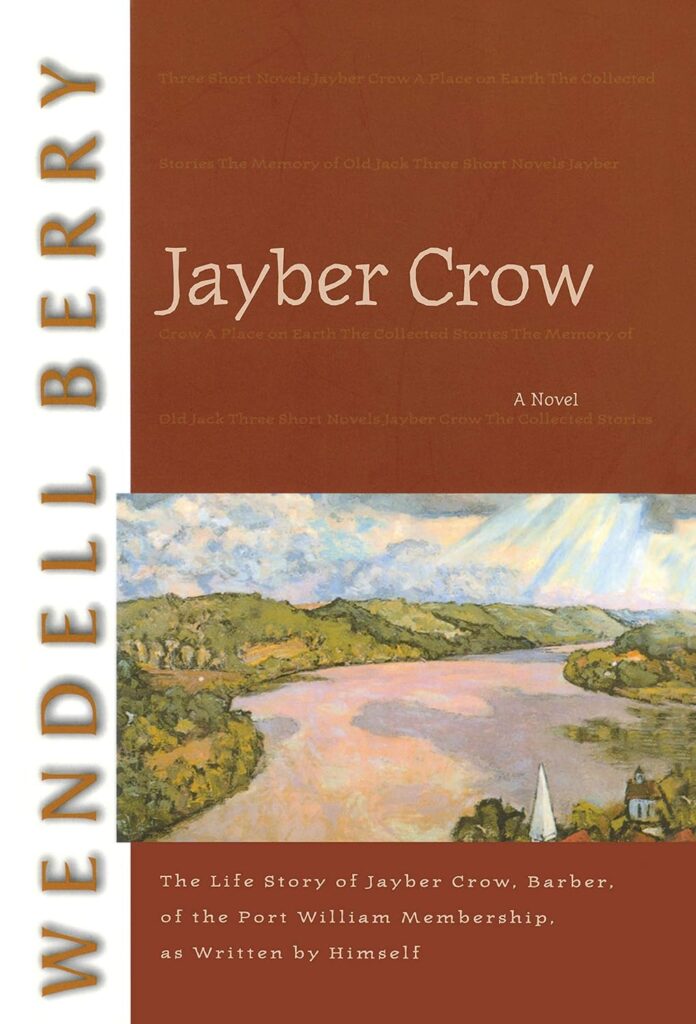
The story of a bachelor barber who spends his life on the edges of society in Port William, Berry’s fictional Kentucky town that he develops in a series of novels. Jayber is not a character who needs to be studied by children—some of the material isn’t suitable for younger readers. But his striking loyalty and philosophical Berry-isms make this novel worth the adult reader’s time. Berry’s agricultural ideals shine through all his works, even when his hero spends most of his life living in town cutting people’s hair.
Note: Although Jayber Crow seems to be the most-recommended book among the Port William novels, I will have to say I preferred Hannah Coulter, which I read last year. If you have time for only one Berry novel, I recommend that Hannah Coulter be that one book. It was on my list of favorite fiction last year.
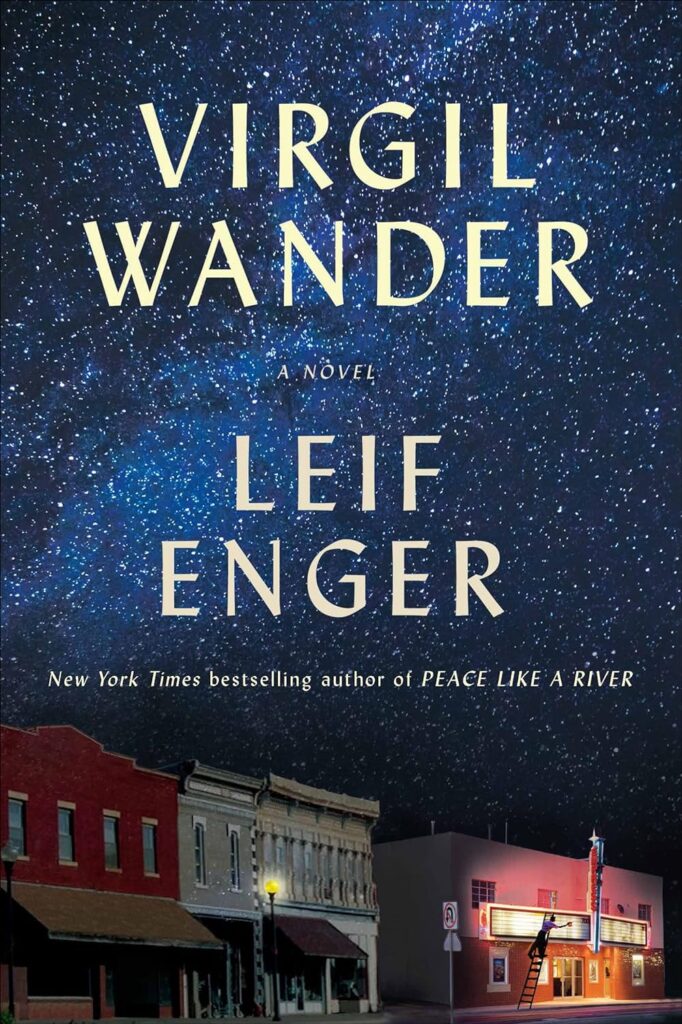
A literary, character-driven novel that begins with the main character’s near-fatal car crash into Lake Superior. Virgil finds that more than just his adjectives disappeared in the accident—many of the fears and inhibitions that have guarded his solitary life have also disappeared. This story of a small Minnesota town is spooky enough to be fiction and believable enough to be truly good fiction: a story of possibilities and hope amidst failure.
I had finished reading Jayber Crow shortly before reading Virgil Wander, and I found the common themes of loyalty and ties connecting a bachelor to his community in both stories, albeit one is set in the distinctive culture of the South and the other in the North.
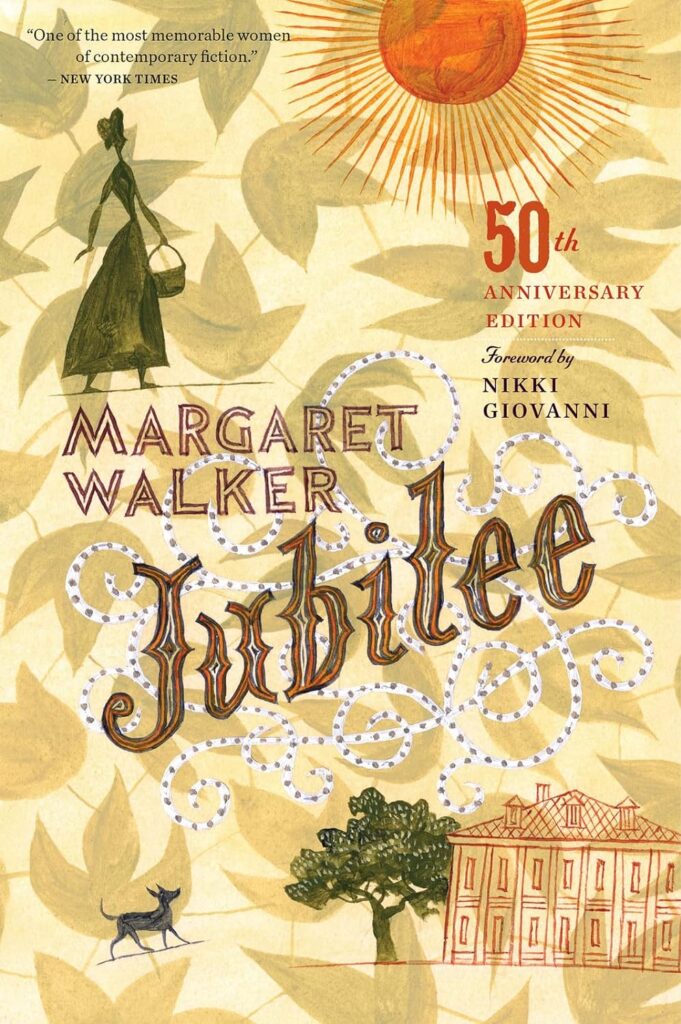
This gripping story of an enslaved woman becomes particularly heart-rending when you realize that the author based her heroine, Vyry, on her own grandmother. Jubilee is a well-researched historical novel that tells the story of the plantation South from the point of view of one who longs to be free.
Reasons to read Jubilee:
- If Gone with the Wind is your classic Southern Civil War read, Jubilee will be a wake-up call.
- To better understand politics surrounding the Civil War and Reconstruction, and to see how those politics affected common people.
- To learn about forgiveness. (Vyry’s final passionate speech near the end of the book, when she spills out long-suppressed emotions, is truly beautiful.)
This book is not for the faint of heart. I would not hand it to a young child. But neither is it sensation-seeking. Ms. Walker writes the novel like a straightforward biography and presents people in all their frailties and their unique blends of good and evil. This book definitely deserves its place on my favorite fiction of 2023.
Marilla of Green Gables, Sarah McCoy
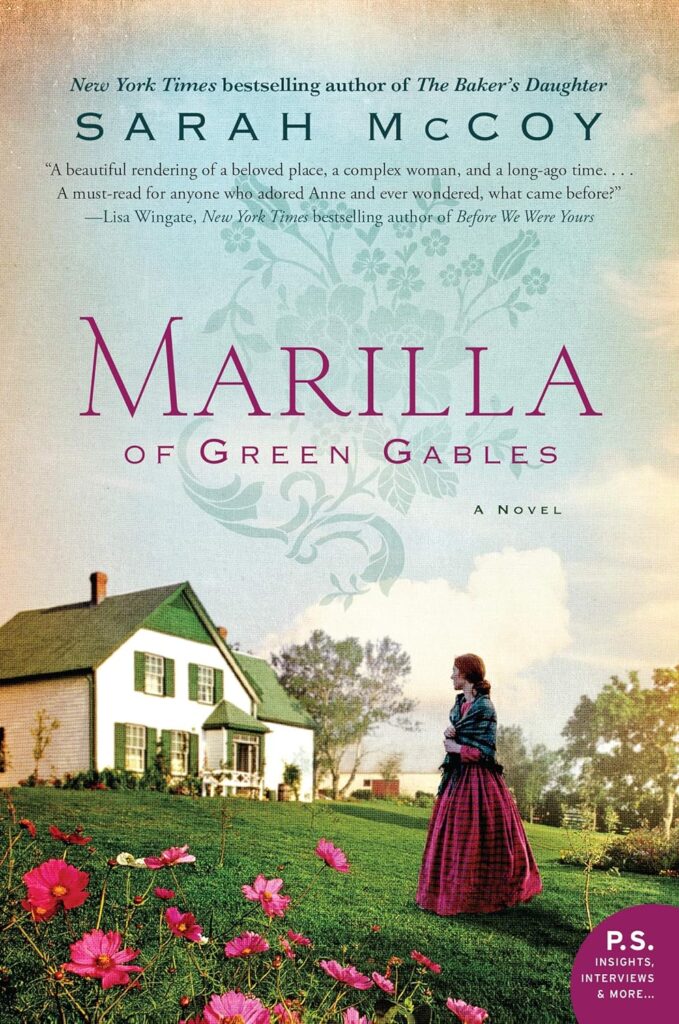
What might have made Marilla the way she is in the classic Anne of Green Gables? Author McCoy attempts to answer this question here. This novel took a while to engage me, but ended up being both sweet and surprising.
The Tattooist of Auschwitz, Heather Morris
A traumatic tale of the concentration camp and one man’s resolution to do everything he can to survive. The author spent hours interviewing the survivor whose life is the basis of this novel, and her research paid off—the reader feels transported to Auschwitz in all of its misery.
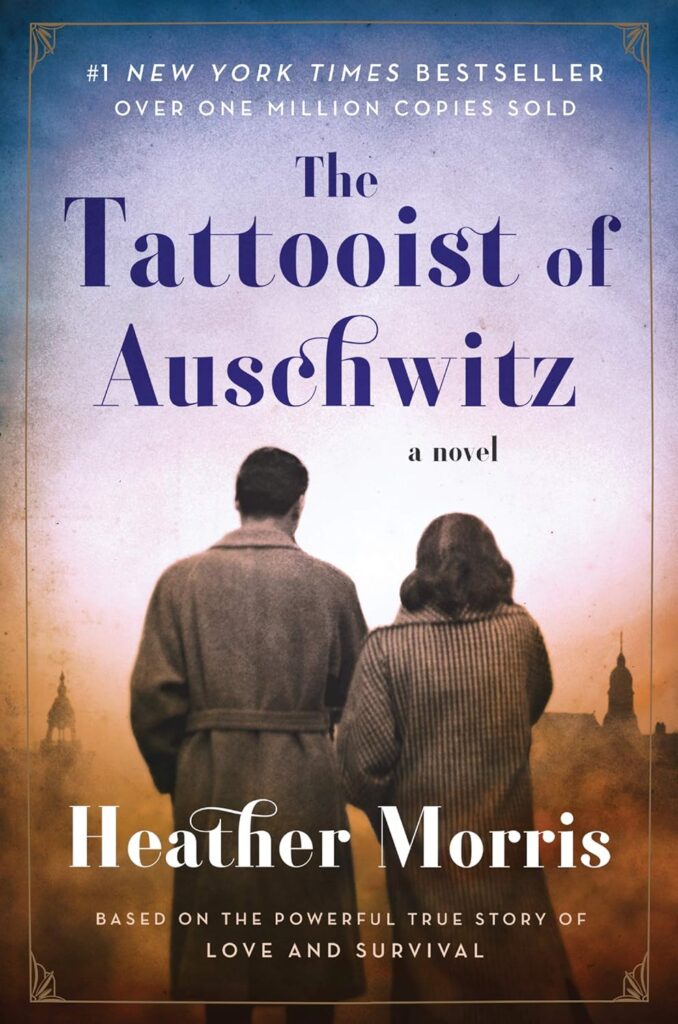
Not a novel for young people. It contains coarse language, repeated violence, and reference to sex—some consensual, some definitely not.
Interesting/Classic…But Not Favorite Fiction
Some of these books are downright chilling. But I did think they were worth my time.
The Violent Bear it Away, Flannery O’Connor
A horrifying, gothic tale in which the two protagonists are overshadowed by and controlled by the actual main character, their uncle the self-proclaimed prophet, who died in the first chapter of the book. This story grips with its description of the power of false religion (hinting at demon possession) and mental illness. But there is no line of redemption. The bread of life offered throughout the book is dead and tasteless, and it can never fulfill the ceaseless hunger of young Tarwater, who descends further and further into madness after his uncle’s death.
Doctor Zhivago, Boris Pasternak
A story of revolutionary Russia that manages to be both sprawling and tightly themed. I read this book to help me better understand why the revolution happened, and I do think that reading Pasternak’s multiple characters’ points of view can be very helpful to the Western reader. However, as with much Russian fiction, it takes a while for the English speaking reader to figure out the many names for the same characters! (Often characters are interchangeably referred to by their first names, their nicknames, or their patronymic.)
The Turn of the Screw, Henry James
The classic early horror story/ghost story that is both wordy and chilling.
Where Angels Fear to Tread, E.M. Forster
A short tale that appears simple upon its surface—a young Englishwoman is entranced by a poor young Italian man—grows in complexity as it delves into the souls of its limited cast of characters. This story is one of the clash of two cultures, of hypocrisy and outward morality, and of love: paternal love, self love, and unfulfilled romantic love.
You May Also Be Interested in Last Year’s List of Favorites (Nonfiction and Fiction):
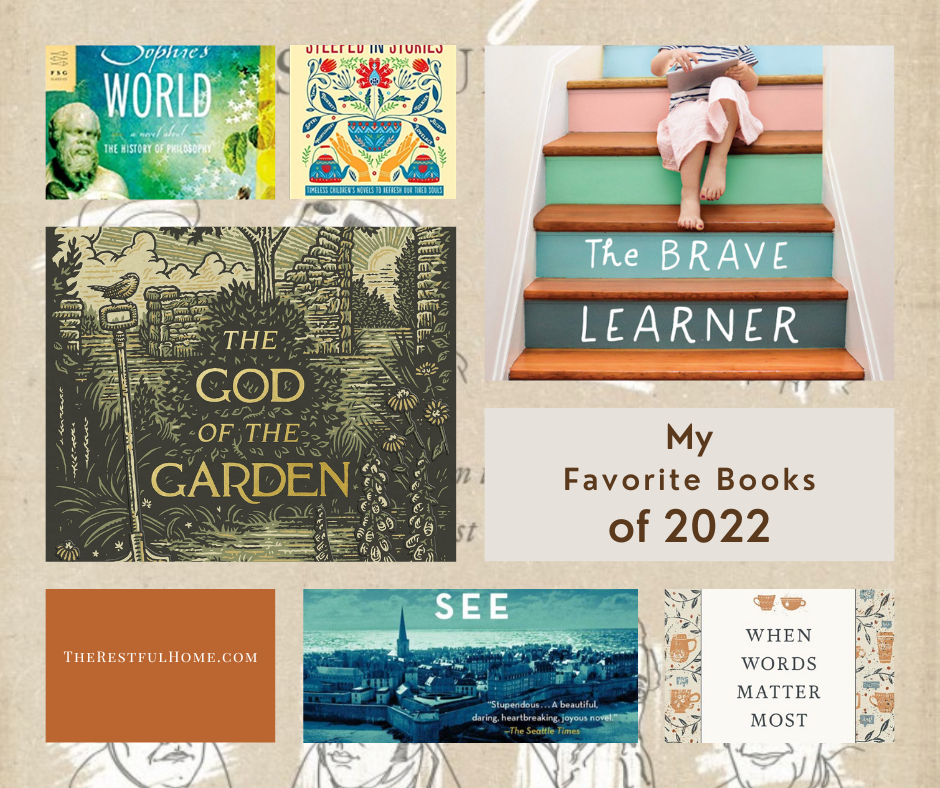


 : a favorite place to walk when we can!
Once
: a favorite place to walk when we can!
Once 
![The first photos are of my parents’ sprawling rural Arkansas garden. The last is of my tiny little beds in the big city. Plants bring life to even the smallest corner!
I’ve been reading some beautiful fiction this year, and I just posted a review of a book by one of my favorite authors, Leif Enger. (https://therestfulhome.com/brave-young-handsome-review/ in your browser, or click on the link in my Instagram profile) If you don’t have time to read the book, though, here’s just a quote or two for your enjoyment:
🎼
“Death arrived easy as the train; [he] just climbed aboard, like the capable traveler he was.”
🛤️
On riding a horse: “You are a feeble and tenuous being; the only thing a horse wants from you is your absence.” 🐎 😄
#quotes #leifenger #amreading #gardens #gardening](https://scontent-atl3-1.cdninstagram.com/v/t39.30808-6/468657020_18342474787176025_4442629541396867851_n.jpg?_nc_cat=108&ccb=1-7&_nc_sid=18de74&_nc_ohc=DEja6UP2ct4Q7kNvgEYJxCM&_nc_zt=23&_nc_ht=scontent-atl3-1.cdninstagram.com&edm=ANo9K5cEAAAA&_nc_gid=AA4bBsvQ_JpqZXLUPUTpTC8&oh=00_AYCjI9LUx-cJxe6cu0n7H1Gounaz92aBlTrQacnKut8umg&oe=67567CAB)
















